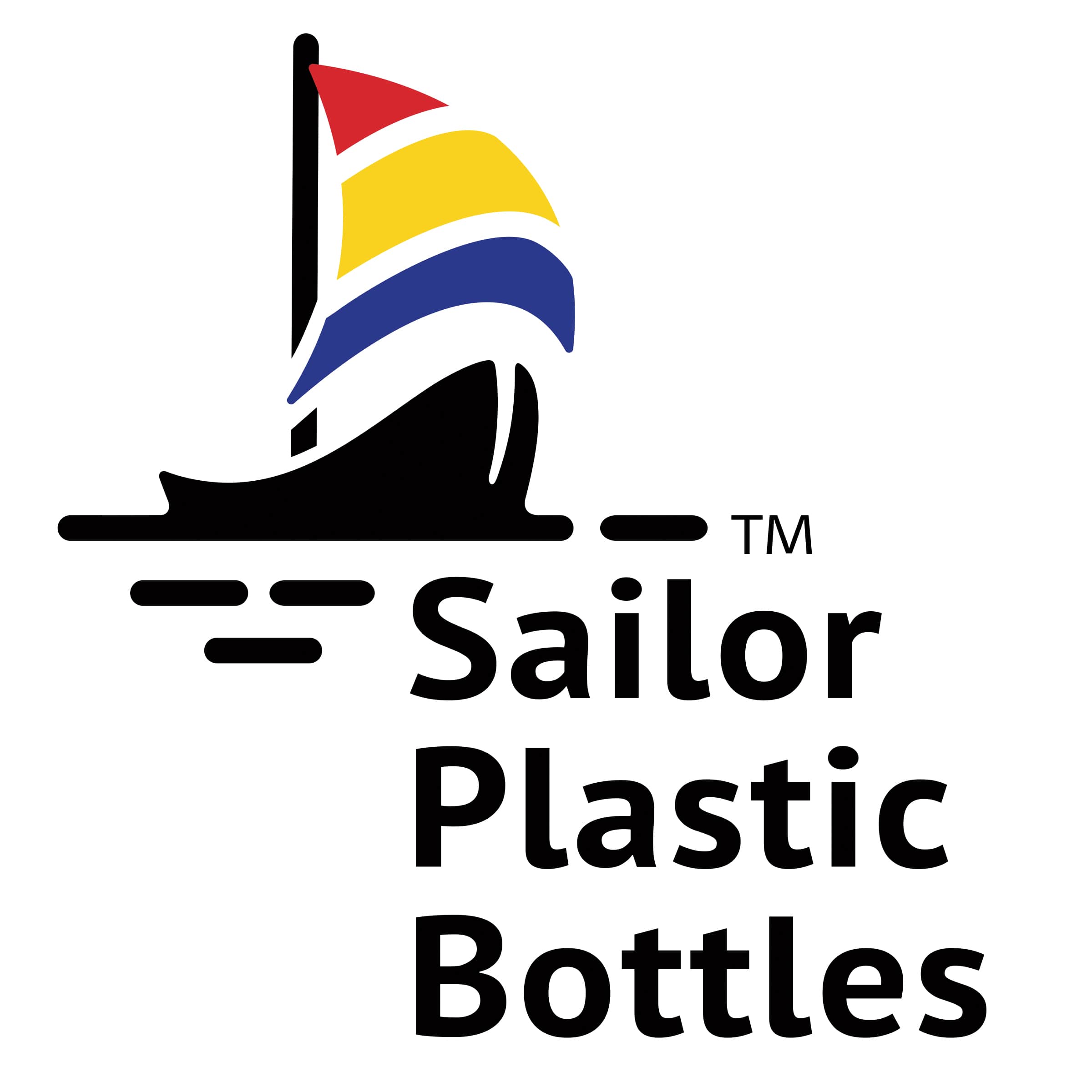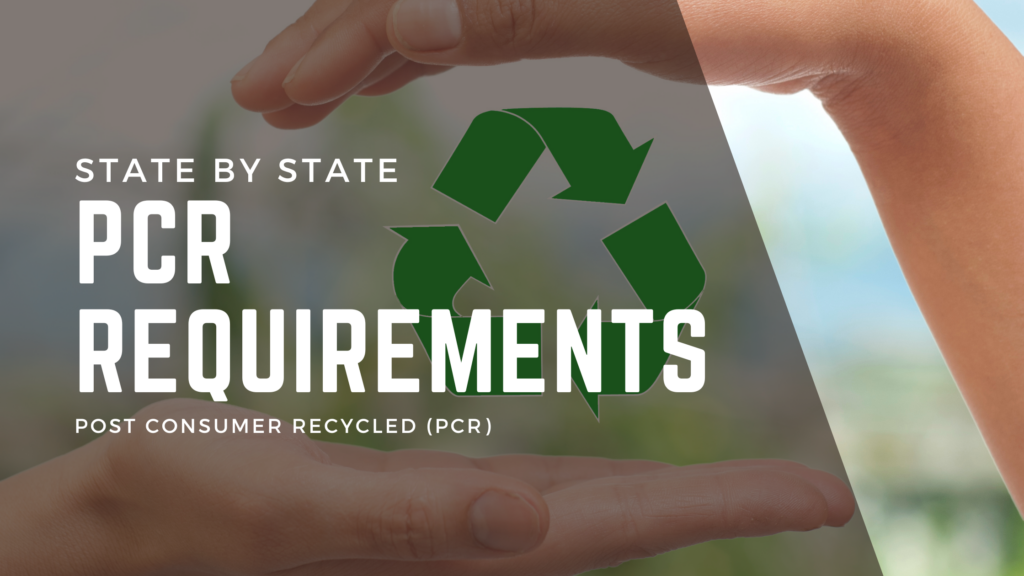PCR Requirements for Plastic Bottles: State-by-State
PCR Requirements for Plastic Bottles: State-by-State
In an age where environmental consciousness is rapidly gaining traction, the significance of recycling and sustainable packaging cannot be overstated. Plastic beverage bottles, a ubiquitous presence in our daily lives, have come under scrutiny due to their environmental impact. In response, many states within the United States have implemented regulations and guidelines aimed at promoting the use of post-consumer recycled (PCR) content in plastic beverage bottles. These regulations vary from state to state, making it crucial for manufacturers, consumers, and businesses to understand and adhere to the minimum PCR requirements in their respective regions.
Understanding PCR and its Importance
Post-consumer recycled (PCR) content refers to the portion of a product that has been recycled from previously used materials by consumers. For plastic beverage bottles, this entails incorporating a percentage of recycled plastic from discarded bottles into the manufacturing process of new ones. By utilizing PCR content, the demand for virgin plastic production is slowly shrinking, subsequently lessening the strain on natural resources.
**The following is a list compiled by Sailor Plastic Bottles marketing team and is not intended as legal or business advice. Please check the laws in your local area as they may differ or change. **
State-by-State Minimum PCR Requirements
1. California 15% (50% in 2030)
As a leader in environmental legislation with some questionable results, California has set stringent standards for PCR content. Current requirements call for 15% PCR with an increase to 25% in 2025. A minimum of 50% PCR content will be required in plastic beverage bottles by 2030. Click this link to read the legislation or read this help article from the State of California.
2. New Jersey 15% (50% in 2027)
Starting in 2024, all single-use plastic beverages sold in the state contain at least 15% PCR. Every three years, the requirement percentage of PCR content in beverage containers will increase 5% until reaching a maximum 50% in 2027. The limit for Hot-fill plastic beverage bottles is 30% PCR content. Read the New Jersey legislation here.
3. Washington 15% (50% in 2031)
Washington State aims to reduce the production of new plastic and drive the development of new markets for recyclable plastic by enacting legislation in 2021. View the State Help Article here.
Navigating the Complexities
It's important to note that these are just a few examples of state-specific regulations regarding minimum PCR requirements for plastic beverage bottles. Each state's guidelines are influenced by factors such as population density, environmental concerns, and the feasibility of sourcing recycled materials. Manufacturers operating in multiple states must navigate a complex landscape of varying regulations.
Moreover, while these requirements are crucial steps towards sustainable packaging, they also pose challenges. Sourcing a consistent supply of high-quality PCR material can be difficult, and the costs associated with incorporating PCR content into manufacturing processes may impact pricing.
Embrace Sustainability with Square Bottle W/ 25% PCR Material
As you delve into the world of minimum PCR requirements for plastic beverage bottles, it's essential to highlight products that align with these eco-friendly initiatives. Our Clear PET Square Bottle, proudly incorporating 25% PCR material, stands as a testament to our commitment to sustainability.
Features:
- Eco-Conscious Composition: Crafted with 25% Post-Consumer Recycled (PCR) material, our Clear PET Square Bottle significantly reduces the demand for new plastic production, minimizing environmental impact.
- Tamper Evident IPEC Neck: Designed with a tamper-evident IPEC neck, our bottle guarantees product integrity, ensuring peace of mind for consumers.
- Sleek Square Design: The square design not only enhances the visual appeal but also optimizes packaging efficiency, reducing wasted space during transportation.
By choosing our Clear PET Square Bottle with 25% PCR material, you're embracing greener packaging solutions. Join us in reducing plastic waste and championing a more environmentally responsible future.
Explore our Clear PET Square Bottle here and take a step towards a greener tomorrow.
A Collective Effort Towards Sustainability
As the call for sustainable practices intensifies, the regulation of minimum PCR content in plastic beverage bottles showcases the collective effort to address plastic waste and its environmental consequences. It also highlights the power of policy in driving change within industries that have significant environmental footprints.
For consumers, understanding these regulations empowers responsible purchasing decisions. Choosing products packaged in bottles with higher PCR content can contribute to reducing the demand for virgin plastics and encouraging a circular economy.
In conclusion, the varying minimum PCR requirements for plastic beverage bottles varies across different states. This illustrates the dynamic landscape of environmental regulations within the United States. While challenges persist, these regulations underscore a commitment to reducing plastic waste and ultimately building a more sustainable future. Whether you're a manufacturer, a consumer, or a concerned citizen, staying informed about these requirements is important.

